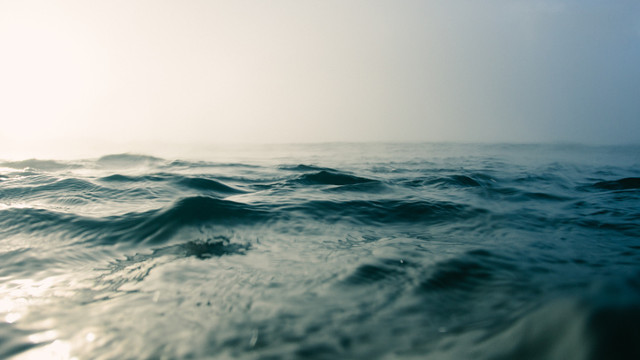 ISTOCK, BOYMONSTERMany marine organisms have evolved to exist in some of the most extreme conditions on earth—high pressure, cold temperatures, hot thermal vents, or low light. As such, their genomes are a source of largely untapped information that could be useful for a wide variety of potential biomedical and industrial technologies. But who are the early prospectors mining these marine genetic resources (MGRs) and who stands to benefit from them? While the answer to the second question is not yet clear, a report in Science Advances today (June 6) suggests that, with 47 percent of all registered MGR patents, German chemical manufacturer BASF is by far the biggest fish in these speculative seas.
ISTOCK, BOYMONSTERMany marine organisms have evolved to exist in some of the most extreme conditions on earth—high pressure, cold temperatures, hot thermal vents, or low light. As such, their genomes are a source of largely untapped information that could be useful for a wide variety of potential biomedical and industrial technologies. But who are the early prospectors mining these marine genetic resources (MGRs) and who stands to benefit from them? While the answer to the second question is not yet clear, a report in Science Advances today (June 6) suggests that, with 47 percent of all registered MGR patents, German chemical manufacturer BASF is by far the biggest fish in these speculative seas.
“This is an important paper as it shines a light on who owns genetic sequence patents in the international ocean . . . and illustrates how easy it is for resources in the deep ocean to be removed without notice,” Lisa Levin of the Scripps Institution of Oceanography who was not involved in the research writes in an email to The Scientist.
Anyone can go out there and get anything they want and do anything they want with it.—Robert Blasiak,
Stockholm University
“If marine genetic resources are patented on a first come, first served basis, without obligation to share benefits,” Levin continues, “then the majority of the countries of the world without the ability to sample, study and develop marine genetic resources will lose out ...




















